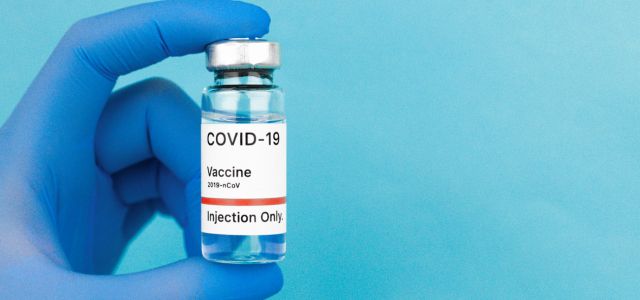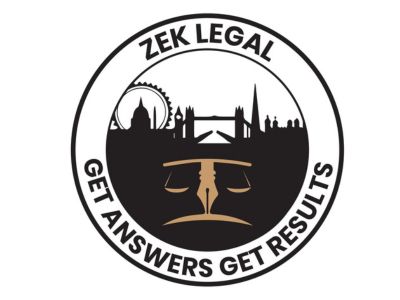The race for a COVID-19 vaccine in 2020 was a global effort, but the aftermath has seen a bitter legal battle erupt between pharmaceutical giants. In August 2022, Moderna, a pioneer in messenger RNA (mRNA) technology, launched a lawsuit against Pfizer and BioNTech, accusing them of patent infringement in the development of their highly successful Comirnaty vaccine.
Moderna’s claims: a foundation built on 2010-2016 patents
Moderna’s case hinges on patents filed between 2010 and 2016, which Moderna claims cover the fundamental principles of mRNA technology used in Comirnaty. Moderna’s argument rests on the idea that Pfizer and BioNTech’s vaccine infringed upon these foundational concepts. This would grant Moderna significant compensation and potentially limit Pfizer and BioNTech’s ability to manufacture and sell Moderna’s vaccine.
Pfizer and BioNTech strike back: refuting allegations and challenging patents
Pfizer and BioNTech vehemently denied Moderna’s claims in a robust defense filed in December 2022. They accused Moderna of attempting to rewrite history and downplay the contributions of numerous scientists, including those from their own companies and the National Institutes of Health (NIH). Their argument centered on two key points:
- Shared knowledge: Pfizer and BioNTech argue that mRNA technology advancements were a collaborative effort involving multiple research teams, and Moderna cannot claim sole ownership of the underlying principles.
- Overly broad patents: they further contend that Moderna’s patents are excessively broad and attempt to monopolize a fundamental technology like mRNA. This, they argue, stifles innovation and hinders future research in this crucial field.
Inter Partes Review: a strategic counteroffensive
In a strategic move, Pfizer and BioNTech filed an Inter Partes Review (IPR) with the US Patent and Trademark Office (USPTO) in August 2023. This process allows them to challenge the validity of Moderna’s patents directly. Their arguments focus on two key aspects:
- Prior art: Pfizer and BioNTech aim to demonstrate that the technology claimed in Moderna’s patents was already known and publicly available before Moderna’s asserted invention date (often cited as 2015). This would render the patents invalid.
- Overly broad claims: They reiterate their argument that the patent claims are excessively broad and encompass concepts that existed before Moderna’s invention.
A turning point: Patent Trial and Appeal Board agrees to review
The legal battle took a significant turn in March 2024 when the Patent Trial and Appeal Board (PTAB) agreed to review both patents challenged by Pfizer and BioNTech. This decision indicates that the PTAB finds merit in its arguments and paves the way for a potentially lengthy review process.
Motion to stay: Pfizer and BioNTech seek to pause ongoing trial
Given the potentially game-changing nature of the IPR proceedings, Pfizer and BioNTech filed a motion to stay the ongoing lawsuit in Massachusetts. A stay would effectively pause the court case until the PTAB issues its final decision on the patent validity. This move aims to avoid a potentially costly and unnecessary trial if the PTAB rules in their favor.
Beyond the battleground: implications for mRNA technology
The outcome of this lawsuit has far-reaching implications beyond the companies involved. A win for Moderna could solidify its dominance in mRNA technology and potentially limit future research and development efforts by other companies. Conversely, a victory for Pfizer and BioNTech, especially through the IPR process, could invalidate Moderna’s patents and open the door for broader innovation in this rapidly evolving field. The legal battle will undoubtedly impact the future landscape of mRNA technology, with potential consequences for vaccine development and beyond.
Looking ahead: a lengthy and uncertain road
The legal wrangling between Moderna, Pfizer, and BioNTech is expected to be a lengthy process. The PTAB review can take up to a year or more to complete, and the outcome of the motion to stay remains to be seen. With significant financial stakes and the future of mRNA technology at stake, this battle promises to be closely watched by the scientific and pharmaceutical communities worldwide.

Written by Zeki Emre Kurt
Lawyer, Zek Legal
You may also like…
Pravin Anand conferred with the APAA Enduring Impact Award
Pre-eminent IP Lawyer and Managing Partner of Anand and Anand, Mr Pravin Anand, has been conferred with the...
The quiet power of confidentiality clubs in SEP litigation
In standard essential patent (SEP) disputes, especially those involving FRAND (Fair, Reasonable, and...
A $10 million patent win reduced to a $1 lesson in damages
In a decision that will resonate as a stark warning to patent litigants, the US Court of Appeals for the Federal...
Contact us to write for out Newsletter














